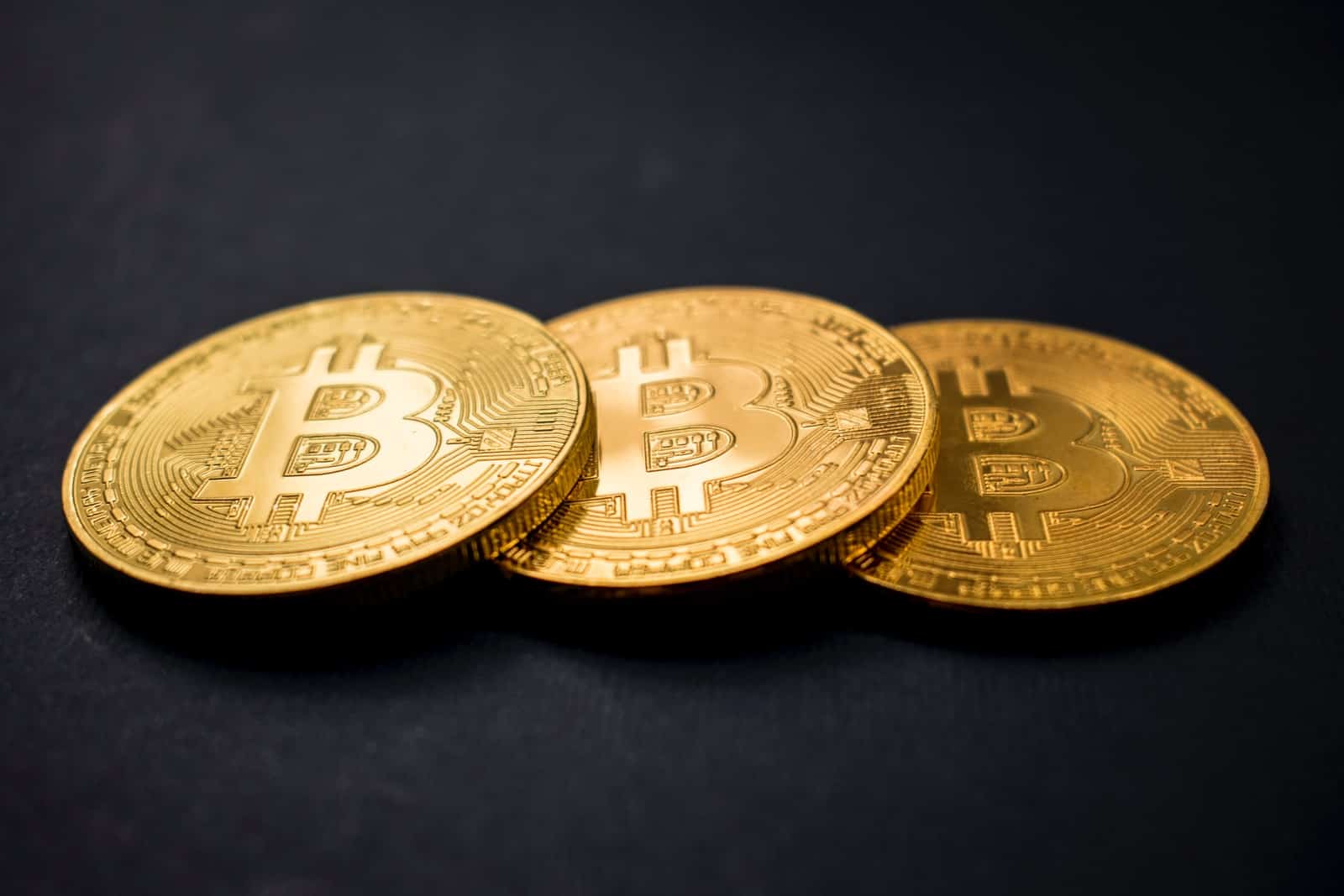
Report: IMF Wants More Regulation of Digital Assets
- The Financial Stability Board, the IMF, and the Bank for International Settlements are set to collaborate to release regulatory framework guidelines later this year.
- The IMF and other regulatory bodies have prioritized the regulation of the crypto industry and would consider a total ban if certain conditions are not met.
The International Monetary Fund (IMF) managing director Kristalina Georgieva has said that a total ban on cryptocurrencies should be considered if they continue to pose risks to the economy. While speaking to Bloomberg, Georgieva noted that the IMF is “very much in favor of regulating the world of digital money,” rather than a ban.
However, Georgieva added that “if the regulation is slow to come and crypto assets become a higher risk for consumers and potential for financial stability,” banning cryptocurrencies “should not be taken off the table.”
The IMF chief further cited countries that have previously considered a crypto ban. However, Georgieva noted that a ban would not be considered if greater price predictability and consumer protection were in place. Other organizations, including the Financial Stability Board (FSB) and the Bank for International Settlements, have prioritized the regulation of digital assets, according to reports.
While crypto leaders have criticized the increased calls to regulate the industry, some regulators, such as the US Securities and Exchange Commission (SEC), believe regulating the industry would be in the interest of users. In addition, the IMF’s 2022 paper claims that cryptocurrency regulation should not be perceived as impeding innovation but rather as fostering trust.
Crypto is not money
Georgieva, in her recent interview, also spoke about the “confusion” surrounding digital money. The IMF chief added that the agency’s top objective is to “differentiate between central bank digital currencies that are backed by the state and publicly-issued crypto assets and stablecoins.”
She claimed that compared to unbacked crypto assets, which are speculative, high-risk investments, and not money, state-backed stablecoins offer “reliability” and “a reasonably good space for the economy.” Citing a recent paper that recommended a global regulation standard, Georgieva remarked that “crypto assets cannot be legal tender because they don’t have the definition of money.”
The emergence and popularity of crypto assets raised concerns about whether crypto assets are a better alternative to addressing the problems with current global financial systems. However, regulators seem to be against the idea due to the instability associated with such assets.







